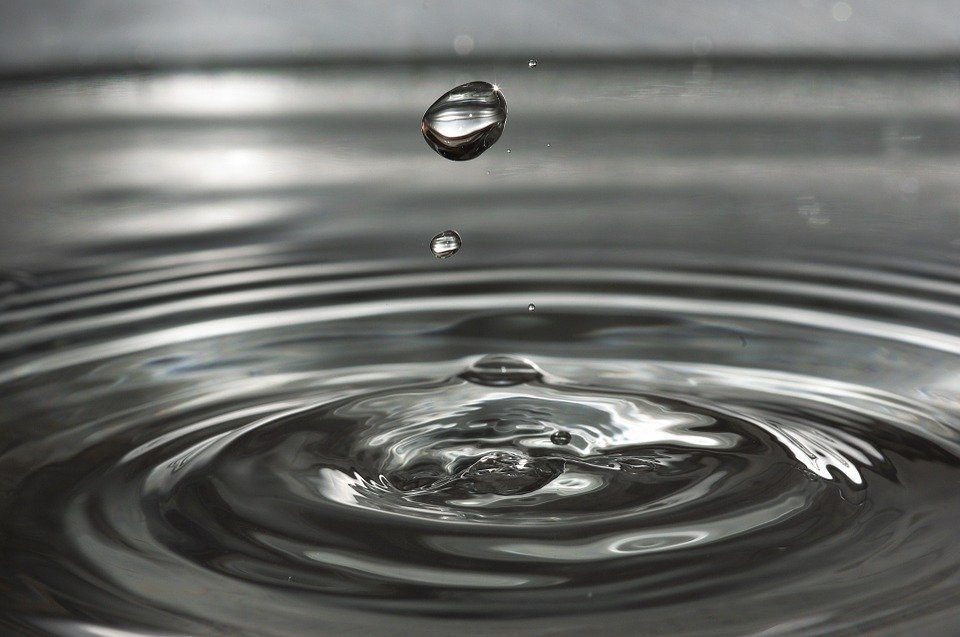Marilia, a new Pathfinder project focused on detection of pathogens in water

date: 25/05/2020
As every applicant of the EIC Transition to Innovation Activities call, also the MARILIA project follows up its Pathfinder (FET-Open) predecessor. Marilia is based on the MARA project, which makes a significant impact in the fields of science, medicine or industry. It successfully created a DNA-based molecular toolkit characterising pathogens, proposed a novel approach in protein mimicry and creation of artificial enzymes. Further, it developed novel concepts for the realisation of a Molecular Robot (MORO) that can specifically identify target cells and destroy them.
The Marilia project will run for 24 months, in which time it will focus on improving the current technologies used for the detection of pathogens, taking advantage of the results of the above-mentioned MARA project. Marilia aims to exploit the outcomes and innovate the original concept into a fast, low-cost identification of human pathogens in water samples, and increase its technology readiness level.
To make it happen, a well-balanced consortium has been established: it comprise an applied research institute as coordinator (Austrian Institute of Technology), a university (University of Zagreb, Faculty of Science), a basic research institute (Ruđer Bošković Institute), an SME (Day One, acting as business incubator) and a large company (IREN, representing a potential future customer).
Water quality as a crucial topic of nowadays
The quality of water and its contamination remain highly discussed global issues. Even though the environmental policy insists on proper treatment of industrial and agricultural waste, somewhere they are still released directly into the water resources, and thus introducing numerous species of pathogenic agents. Such contaminations harm natural ecosystems and potentially, also affects humans due to the introduction of these pathogenic agents into the food and beverage during manufacturing process, because pathogen-contaminated water that was used in food preparation or for washing of food is a frequent source of foodborne bacterial diseases caused e.g. by Salmonella, E. coli, Listeria or Campylobacter.
Therefore, the regulatory bodies defined and enforced quality monitoring requirements and procedures to improve the water safety and to increase the industrial water re-usage. However, the establishment of an effective routine monitoring system represents a significant challenge. The current procedures for the identification and quantification of bacteria are mostly carried out manually, using bacterial culture plating methods or (to a much smaller degree) using expensive molecular methods. With a research focused on the use of DNA-based sensors and artificial enzymatic structures, MARILIA wants to innovate the procedure by developing a novel pathogen-detection test. The new assay should be fast, low-cost and able to detect a single cell in a water sample.
The project coordinator, Dr. Ivan Barisic concludes:
We are really excited to further advance and exploit the MARA technologies in the MARILIA project. The expertise and the roles in the consortium are well defined and give us the possibility to develop a close-to-market assay for water safety. If the assay meets the required specifications for a successful commercialisation, a start-up will be founded to exploit the results further.
• Read also about other successful applicants in 2019 Pathfinder calls here.
Background information
FET-Open and FET-Proactive are now part of the Enhanced European Innovation Council (EIC) Pilot (specifically the Pathfinder), the new home for deep-tech research and innovation in Horizon 2020, the EU funding programme for research and innovation.
